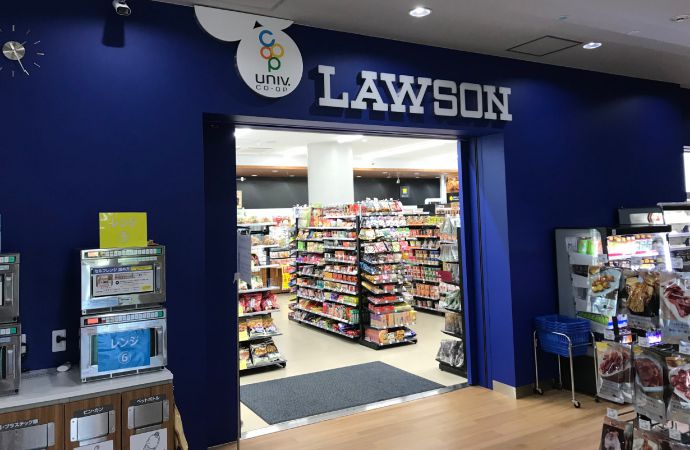Installed in a meat processing plant in Osnabrück (Germany) is a propane-CO2 cascade system for refrigeration and deep-freezing in processing and cold storage applications. The technical and constructional innovation of this system is the combination of propane (R290) and CO2 in one loop. The new, integrated solution reduces the required space as well as installation costs.

Propane-CO2 cascade system for lower commercial and industrial capacity range
The majority of commercial and industrial refrigeration systems using natural refrigerants have previously been used for high capacity ranges. With the new combination, using propane for higher temperature ranges and CO2 for lower temperature ranges, almost all applications can be covered. Operators and users of refrigeration installations are no longer faced with technical limitations and can take full advantage of natural refrigerants in all capacity ranges.
Integrated solution for refrigeration and deep-freezing with natural refrigerants
The system installed in the meat processing plant in Osnabrück uses propane as a refrigerant in the plant room and propylene glycol to distribute the cold in temperatures ranging between –3 °C (return temperature) to – 8 °C (flow-temperature). The refrigeration supply in the deep-freezing unit features CO2 direct evaporation at -32 °C. The cooling capacity is 80 kW for refrigeration and 8 kW for deep-freezing.
The technically most appropriate and most efficient power range of the system is:
- For refrigeration: between 50 to 400 kW, in the temperature range from 6 to –10 °C
- For deep-freezing: 10 to 150 kW, in the temperature range from –25 to –45 °C
The technical and constructional innovation of the integrated system is the combination of propane and CO2 in one loop for refrigeration. Former plants required two separated units to be connected on site with control and piping technology. The new integrated CO2/propane system reduces the required space and assembly efforts, leading to reduced investment costs.
MORE INFORMATION
Related stories



